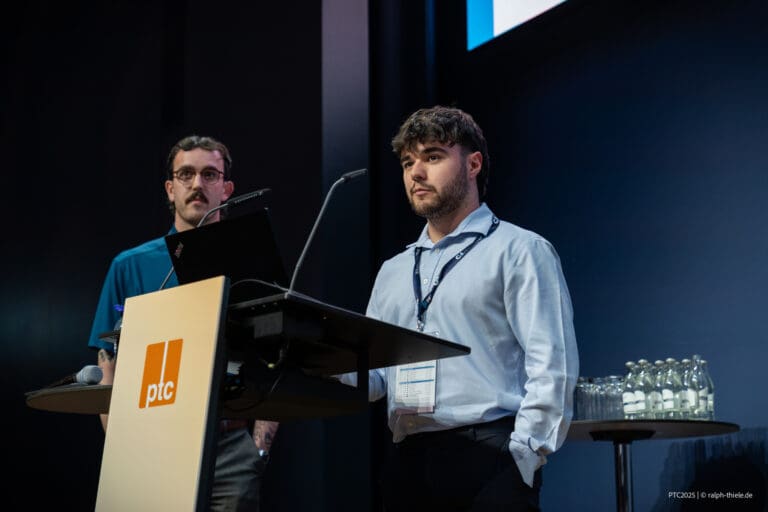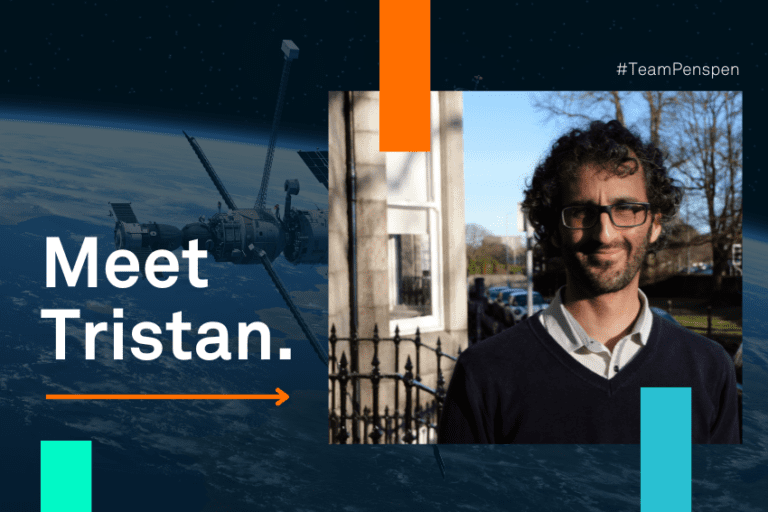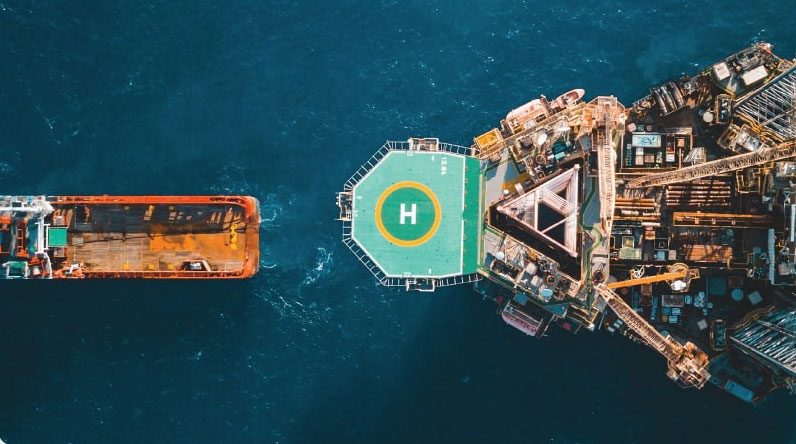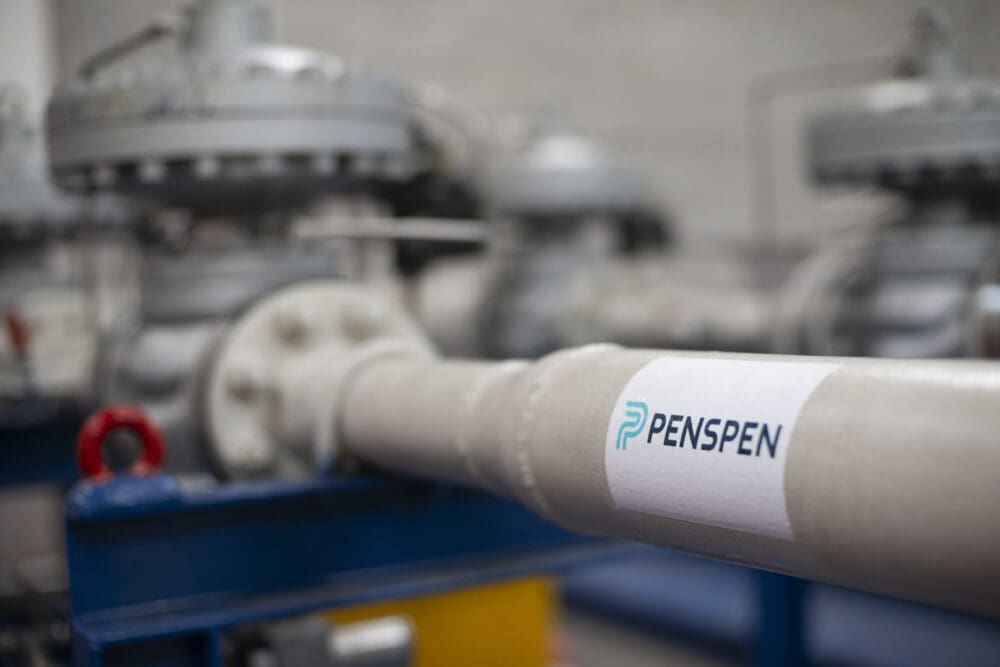As the Gulf Cooperation Council (GCC) transitions to a more sustainable energy future, natural gas plays a pivotal role in reducing carbon emissions and supporting hard-to-abate sectors. Innovative projects and regional collaboration are essential for enhancing gas infrastructure, ensuring accessibility, affordability, and reliability.
In a new technical article, Bilal Hassan, Principal Energy Transition Consultant at Penspen, discusses ongoing regional efforts and regulatory challenges faced in the GCC. Bilal provides strategic recommendations for transforming the gas landscape, drawing insights from successfully completed Penspen projects in Europe
Download the article to learn how we can ensure accessibility, affordability, and reliability in the region’s energy supply from an expert’s perspective.
Download ArticleRelated Insights

Carbon Capture, Utilisation and Storage – What are the Real Challenges & Costs?
As the global push for net zero intensifies, Carbon Capture, Utilisation, and Storage (CCUS) is emerging as a critical technology to decarbonise energy supplies and industrial processes. With the...

Challenges and Considerations for Hydrogen Integration in Natural Gas Pipeline Networks: A Comparative Screening Methodology
The global transition to hydrogen is accelerating, and repurposing existing natural gas pipelines is a critical step towards a low-carbon future. However, ensuring the feasibility, safety, and...

Demystifying Hydrogen Fatigue Crack Growth
With the increasing momentum to adopt clean fuels coupled with the scrutinised investment horizons of maintaining ageing gas pipelines, there are well-established and mutually beneficial...

Energy – the final frontier?: Our People – Tristan
The transition from a career developing structures for use in space to solving the challenges of implementing hydrogen infrastructure may not seem straightforward, but for Penspen’s Head of...




